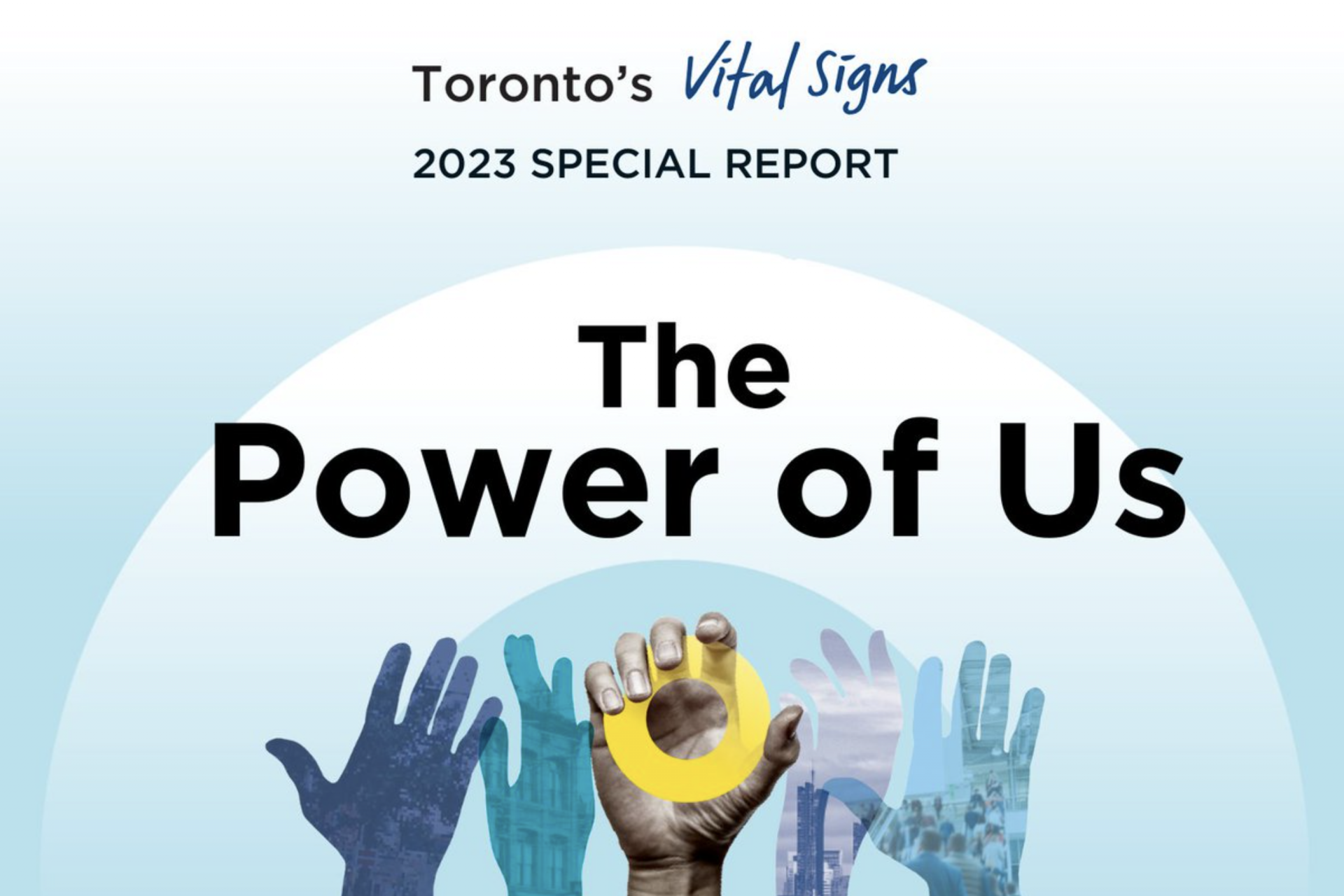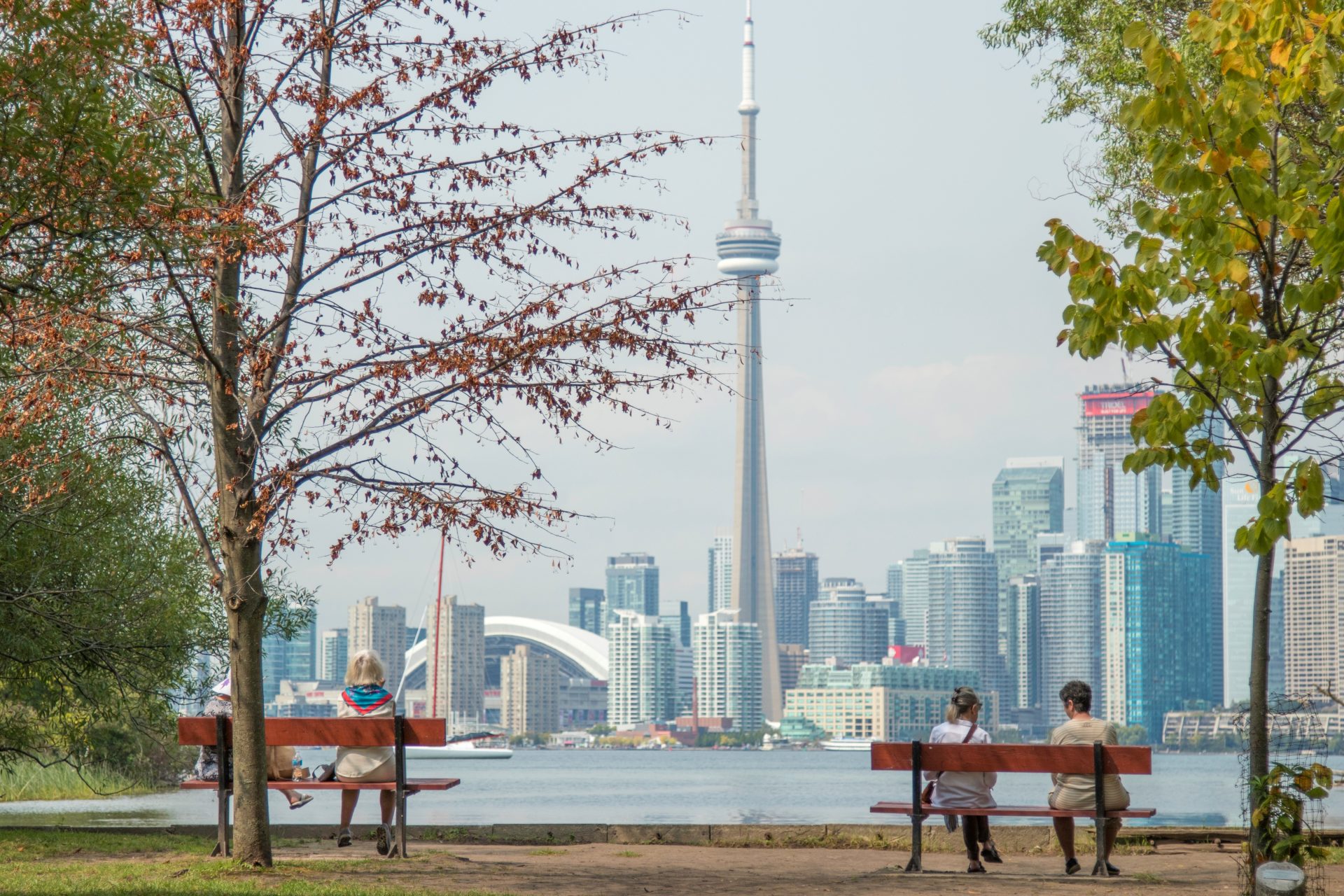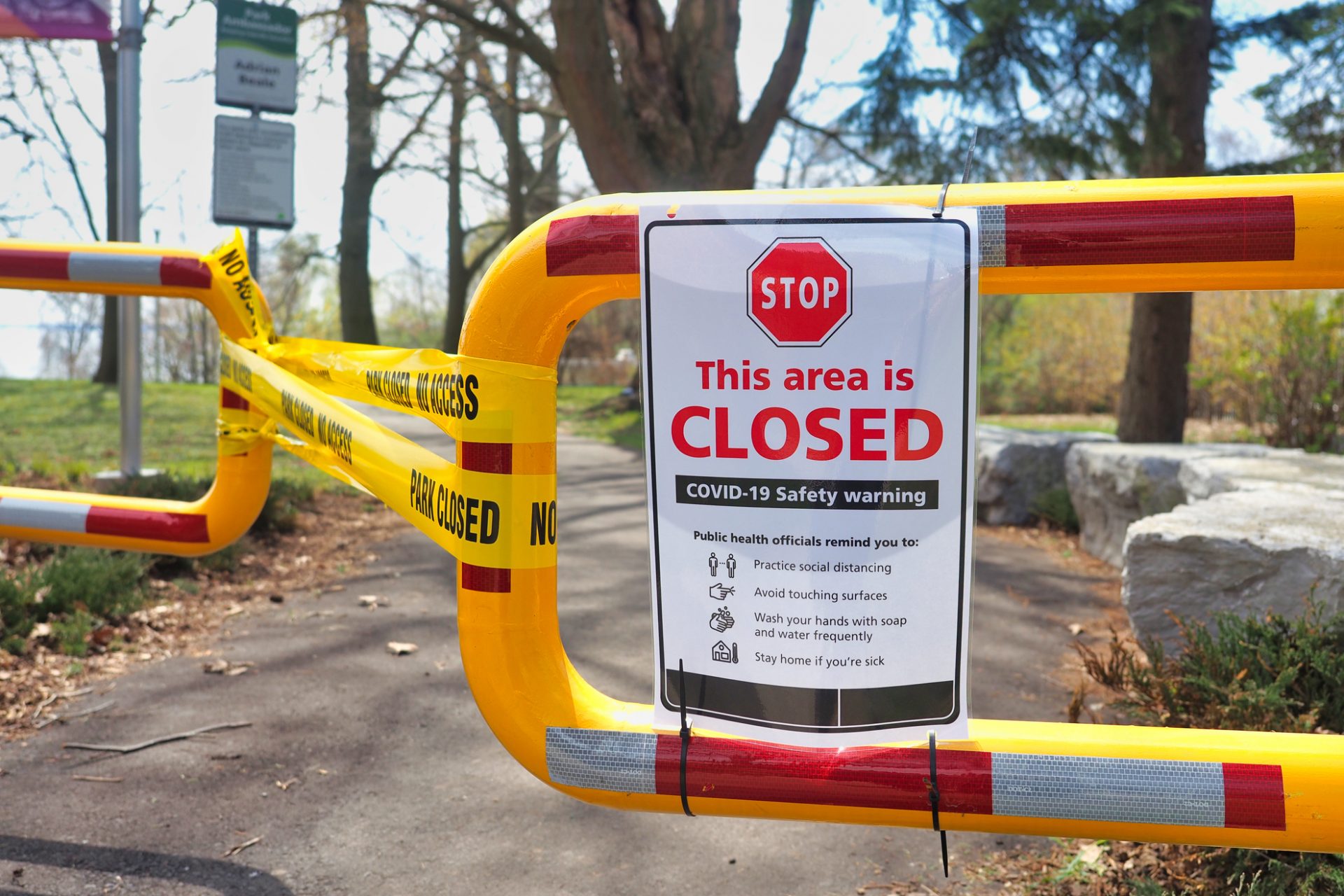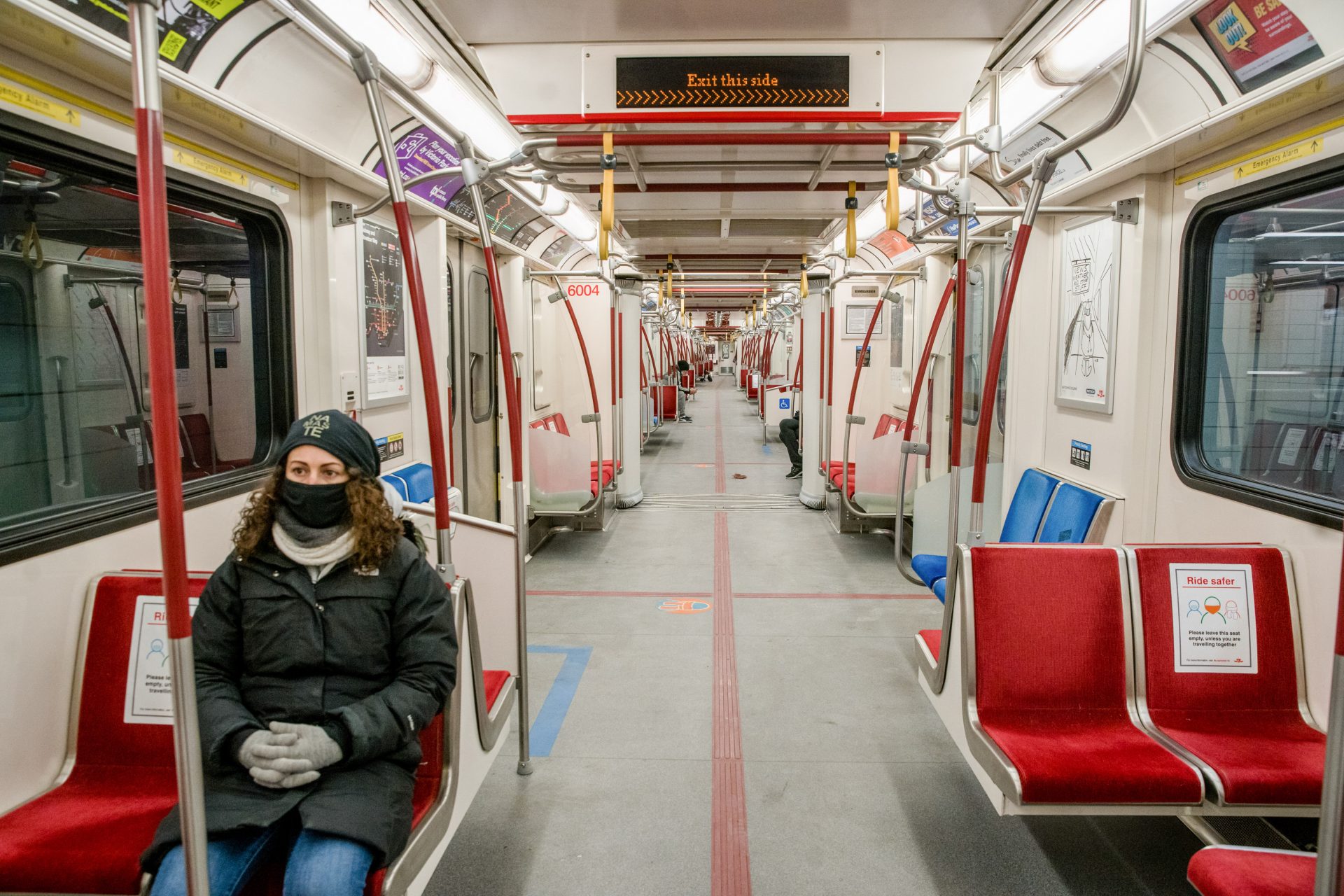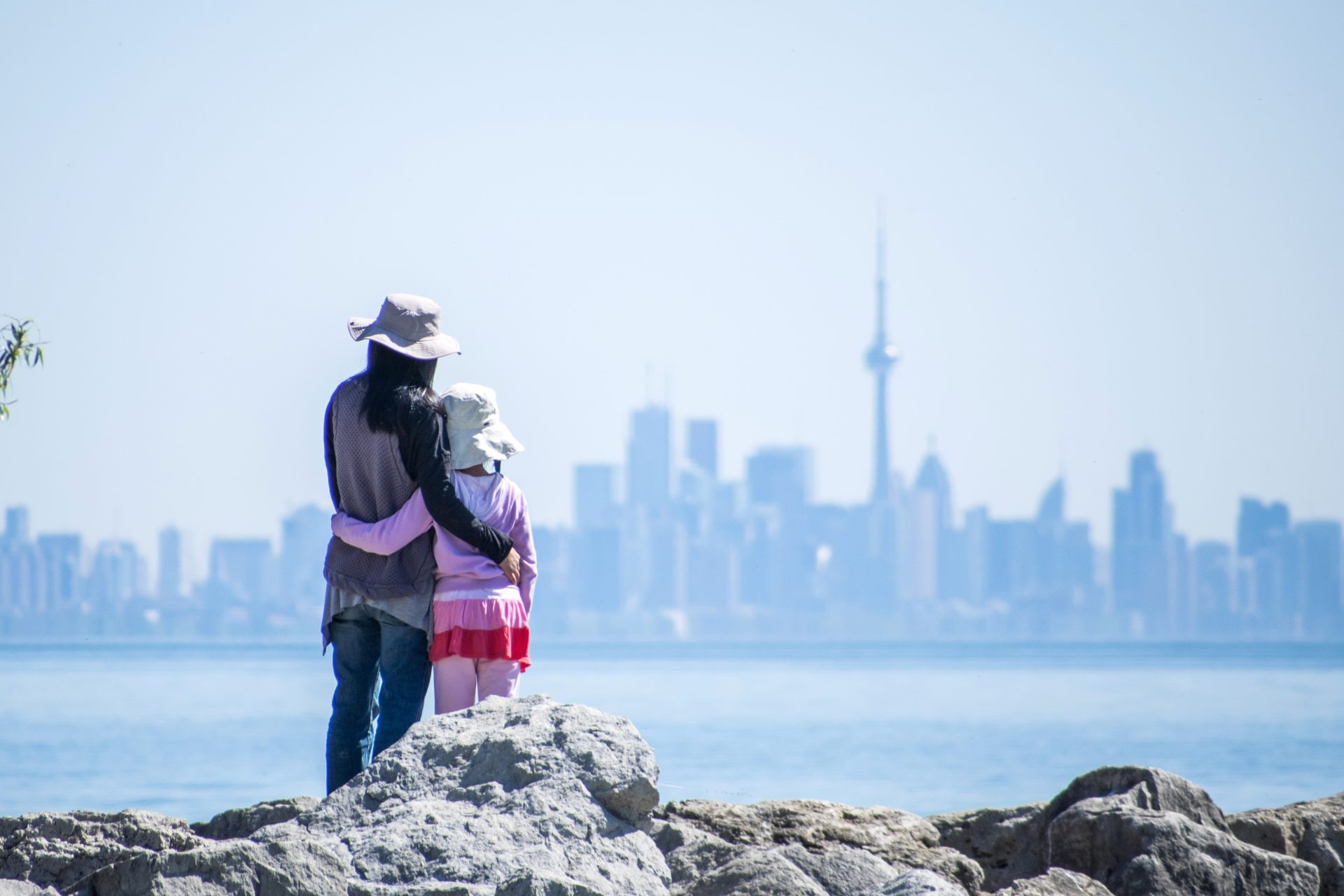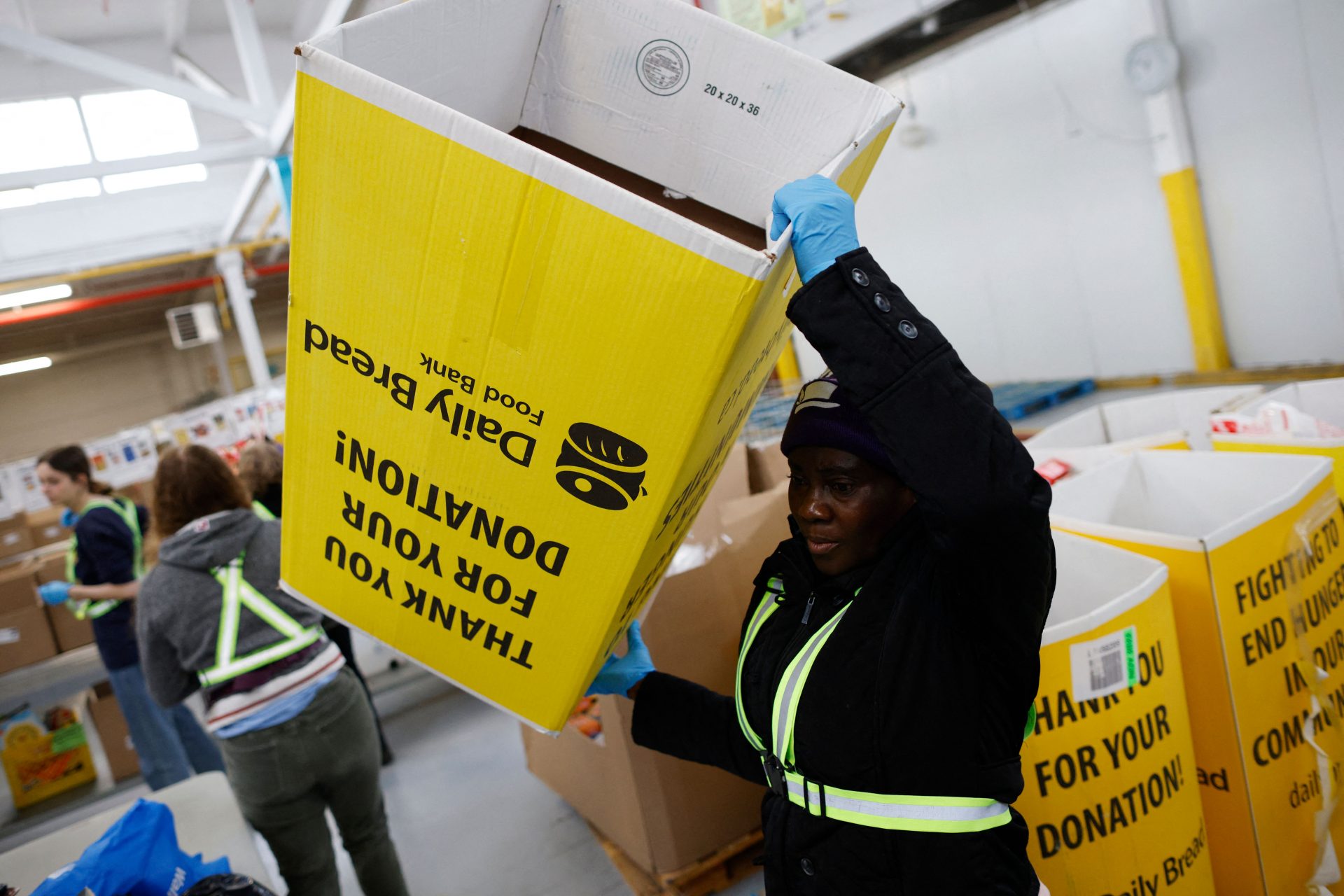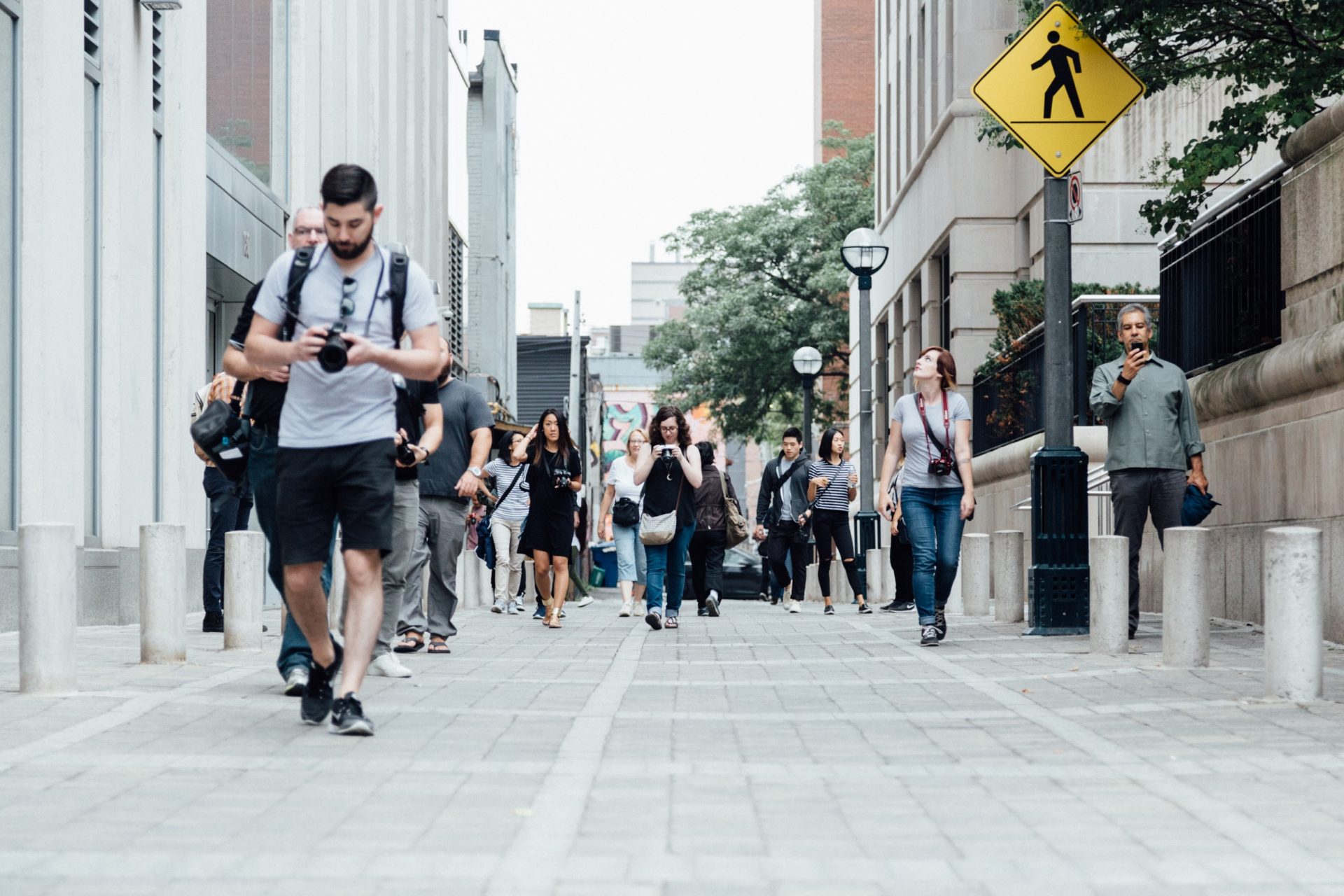Toronto has become one of the loneliest places in Canada, but why?
In November 2023, a worrying report found that Canada's largest city was also one of its loneliest. The report shed light on a growing problem in the city as it has tried to work its way back from the damage done by the global pandemic.
Toronto is often thought of as a vibrant and thriving metropolis but the report looked at the quality of life issues people in the city were facing and challenged the traditional idea of what life was like in Canada's biggest city.
The Toronto Foundation has tracked quality of life issues in the city for nearly twenty years in its annual Toronto's Vital Signs Report; however, there was rarely a year as concerning as 2023.
Photo Credit: Twitter @TorontoFdn
Data from the report looked at social survey information from 4,000 Torontonians and a number of resources and found that a large portion of those living in the city (37%) felt lonely as much as three to four days out of the week.
Photo by Sandro Schuh on Unsplash
The Toronto Star’s Francine Kopun noted that the city’s vital signs report findings made Toronto’s adults lonelier than any other major city in Canada, which isn’t a surprise when you dig into the data of the survey and early findings.
The number of residents in Toronto who reported having six or more close friends in the city declined by 20% over survey data from 2013 to 2018 and 28% when compared to survey data from 2018 to 2022. That was a major drop.
Photo by Rachael Annabelle on Unsplash
Even more worrying were the findings about close relatives in the city. Those living with six or more close relatives in Toronto dropped by 11% in 2023 compared to survey data from 2013 to 2018 and 10% from 2018 to 2022.
Photo by Dan Newman on Unsplash
A significant portion of residents living in Toronto said that they had no close relatives (8%) nor did they have any close friends (8%). With so many having no one to rely on, it's simple to see why Toronto is so lonely.
Photo by Devin Avery on Unsplash
One big reason for the loneliness epidemic in Toronto can be found in the city’s post-pandemic atmosphere. Things haven’t been the same in Toronto since the pandemic, a fact that the report noted.
“Since the pandemic, Toronto residents interact and volunteer less, continuing at least a decade-long decline in donations and social ties, putting increasing strain on our social fabric and nonprofit sector,” the report read.
The Toronto Foundation CEO Sharon Avery said: “I think we all thought collectively that once lockdown was over, we’d see things improving again, and in fact we’ve seen it get worse.” But how much worse have things really gotten?
In the executive summary of Toronto’s Vital Signs Report, the authors pointed out some of the key worrying findings and reported that 50% of adults surveyed said that they felt depressed at least once a week.
This depression may be linked to some of the financial and work-life balance issues that were revealed by the report. Nearly one-quarter (22%) of workers feel burnt out most of the time while 42% feel burnt out some of the time.
Nearly a quarter of respondents to the survey (22%) also said they ate less food each day because of financial concerns, while 27% of residents said they faced high levels of discrimination on a weekly basis.
Photo by Jason Goodman on Unsplash
Half of Torontonians were also worried about themselves or a family member having a job full time and 33% of respondents noted that their household income was insufficient for their needs in the city. However, there is hope.
Photo by Tim Gouw on Unsplash
"I think that it's critical that we draw attention to what's happening and we focus on not just ringing alarm bells, but driving action," Joanne McKiernan, the executive director of Volunteer Toronto, told CTV News.
One of the major features of The Toronto Foundation’s report was providing a solution to help end the loneliness crisis in the city. The report called on all those living in Toronto to redefine their engagement with the city’s neighborhoods and institutions.
Photo by Matt Quinn on Unsplash
“The connective tissue across all issues is all of us – the relationship we have with one another and our institutions,” Avery told CP24. “When weak, it undermines progress on just about everything.”
Photo by Nathalia Segato on Unsplash
More for you
Top Stories





